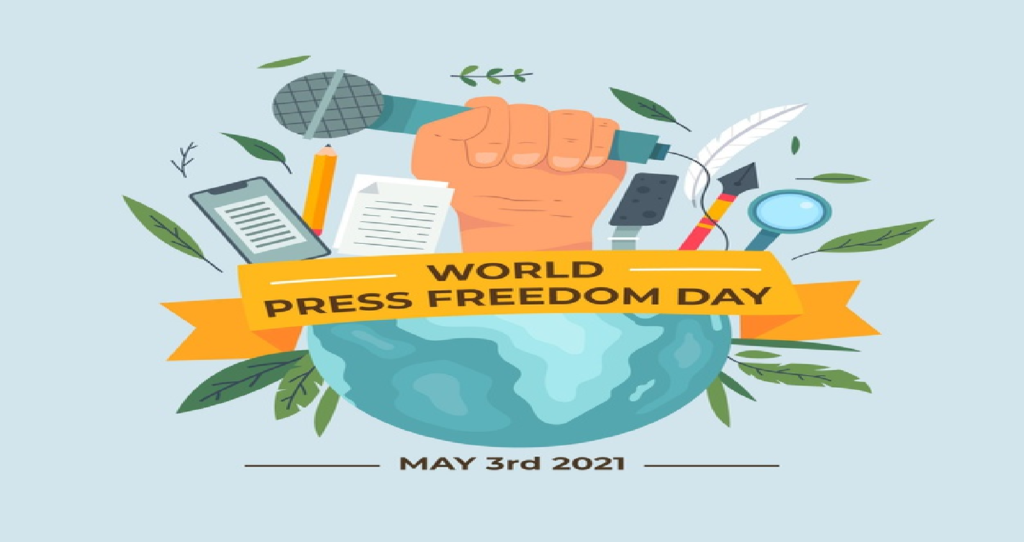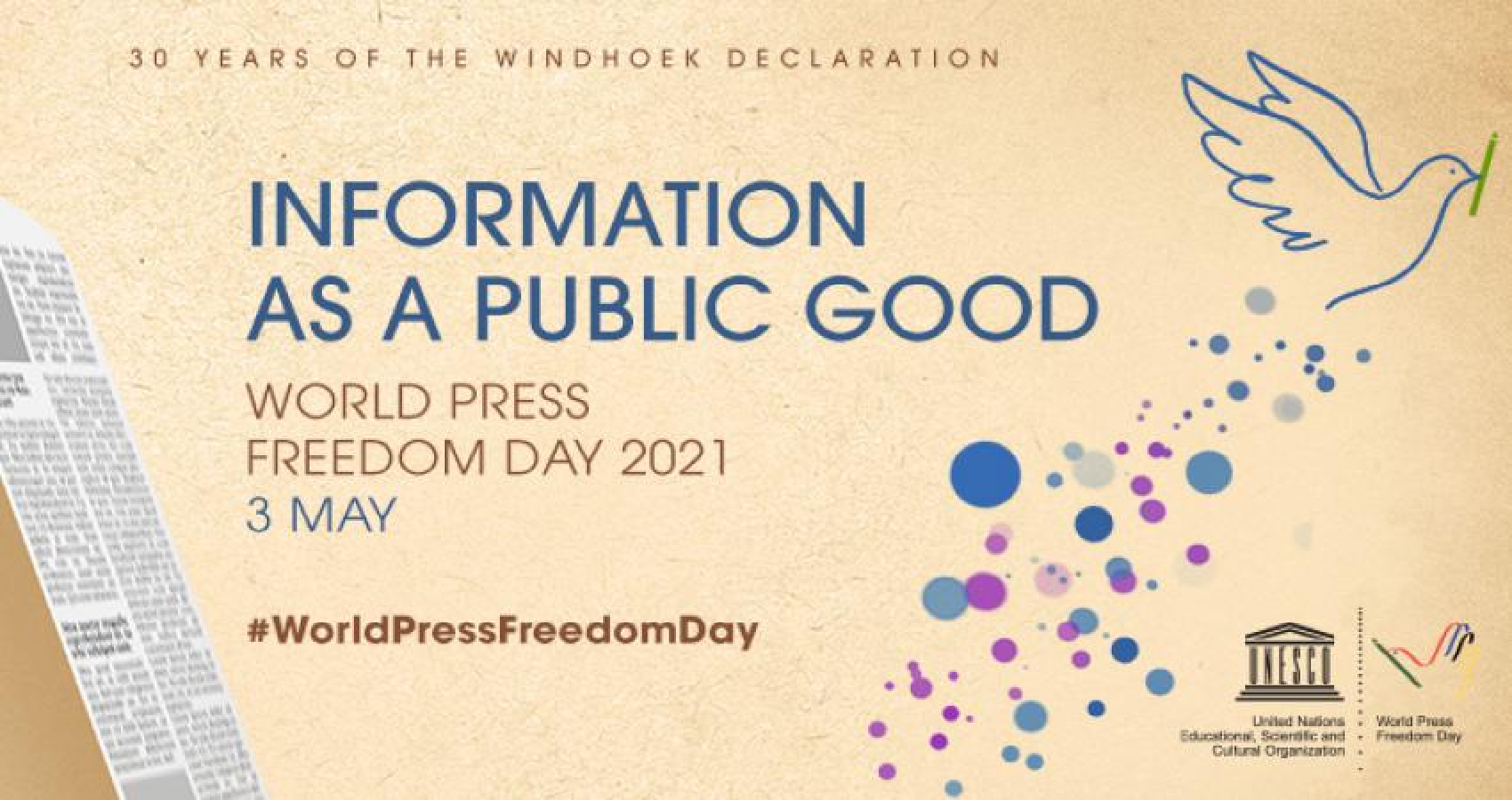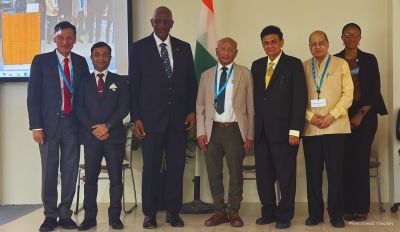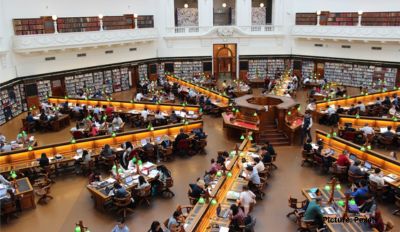World Press Freedom Day was proclaimed by the UN General Assembly in December 1993, following the recommendation of UNESCO’s General Conference. Since then, 3 May, the anniversary of the Declaration of Windhoek is celebrated worldwide as World Press Freedom Day.
After 30 years, the historic connection made between the freedom to seek, impart and receive information and the public good remains as relevant as it was at the time of its signing.
According to United Nations, May 3rd acts as a reminder to governments of the need to respect their commitment to press freedom. It is also a day of reflection among media professionals about issues of press freedom and professional ethics. It is an opportunity to: celebrate the fundamental principles of press freedom; assess the state of press freedom throughout the world; defend the media from attacks on their independence; and pay tribute to journalists who have lost their lives in the line of duty.
 World Press Day is a reminder to governments of their commitment to press freedom. This year’s World Press Freedom Day theme: “Information as a Public Good.”
World Press Day is a reminder to governments of their commitment to press freedom. This year’s World Press Freedom Day theme: “Information as a Public Good.”
It serves as a call to affirm the importance of cherishing information as a public good.
It is vital to have access to reliable information – especially in an era of misinformation.
Today, journalism is restricted in well over two thirds of the globe.
The 2021 World Press Freedom Index: journalism is “totally blocked or seriously impeded” in 73 nations.
“The pandemic has been used as grounds to block journalists’ access to information sources, and reporting in the field,” Reporters Without Borders (RSF) Secretary-General Christophe Deloire
According to RSF, authoritarian regimes have used the pandemic to “perfect their methods of totalitarian control of information.”
‘Dictatorial democracies’ have used coronavirus as a pretext for imposing especially repressive legislation combining propaganda with suppression of dissent.
In Egypt, the government banned publication of non-government pandemic figures and arrested people for circulating figures larger than the official numbers.
In Zimbabwe, an investigative reporter was arrested after exposing a scandal related to the procurement of COVID- 19 supplies.
Tanzania, the former president imposed an information blackout on the pandemic before he died in March 2021. Even in Norway, journalists have faced difficulty accessing pandemic-related government information.
Thailand, the Philippines, Cambodia and Indonesia adopted extremely draconian laws in the spring of 2020 criminalizing any criticism of the government’s actions.
Press freedom in Myanmar has also become increasingly strained since the military deposed its democratically elected government in February.
Despite Africa being the most violent continent for journalists, but several countries showed significant improvements in press freedom, according to RSF.
Europe and the Americas are the most favorable regions for press freedom, according to RSF.











